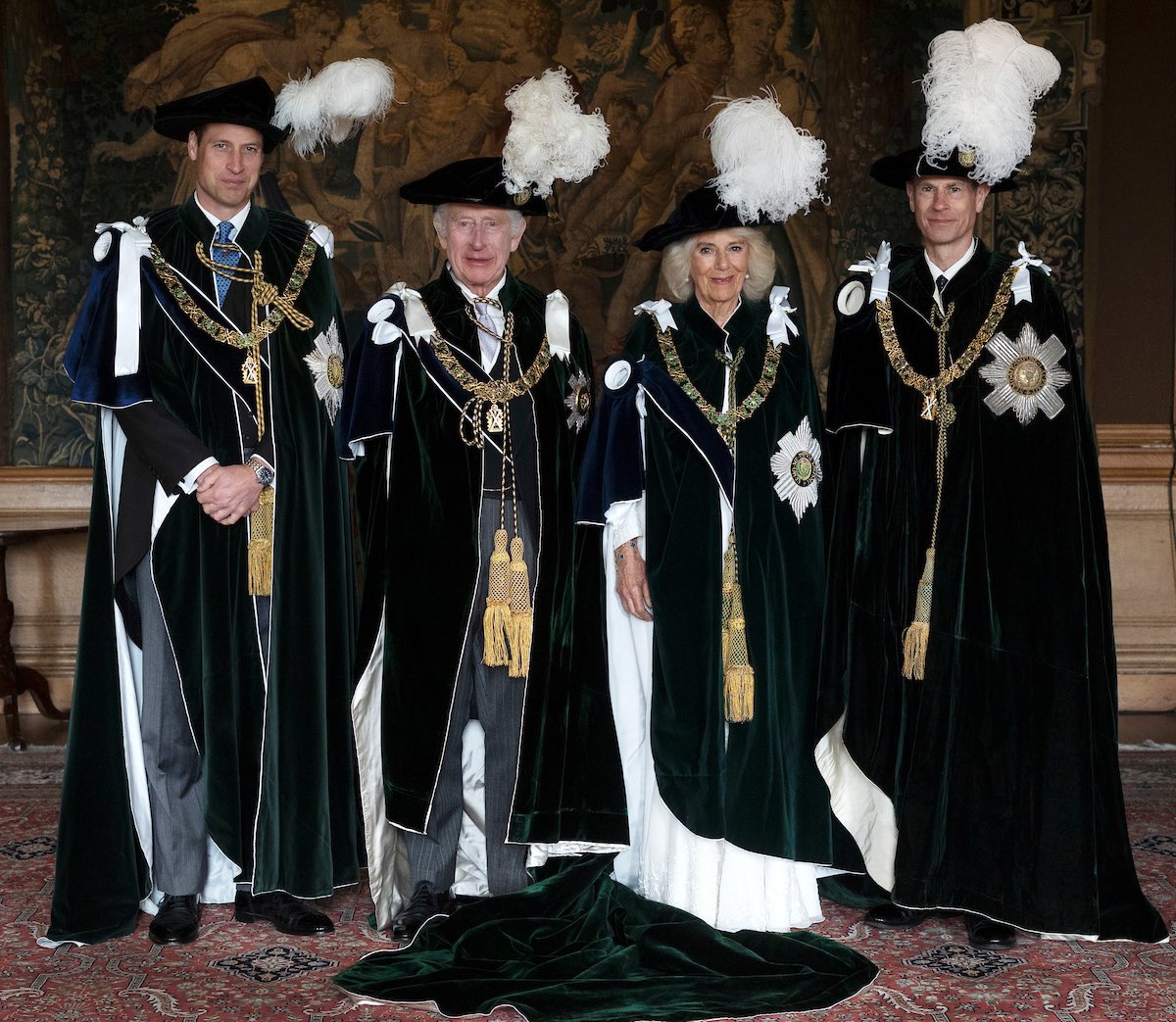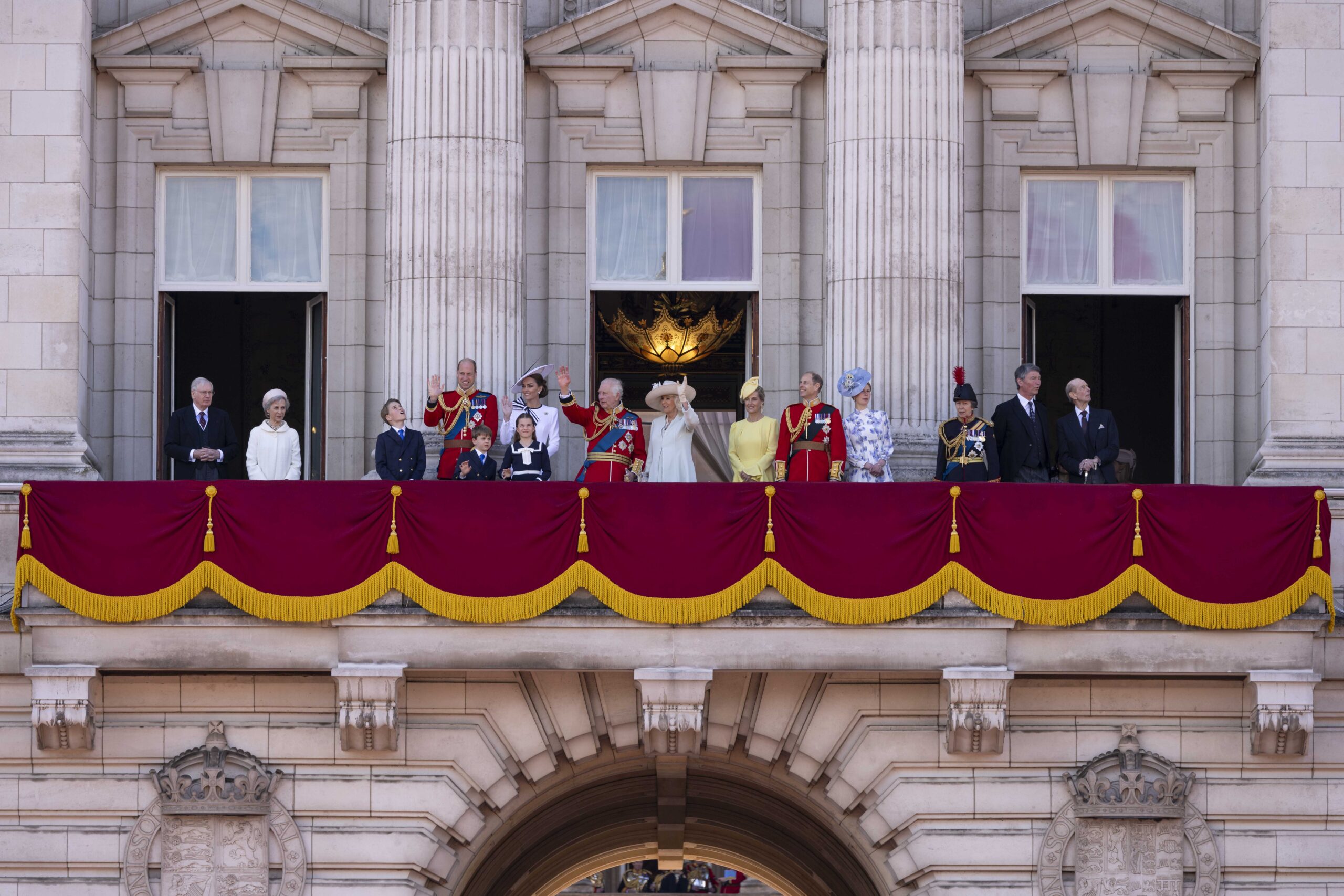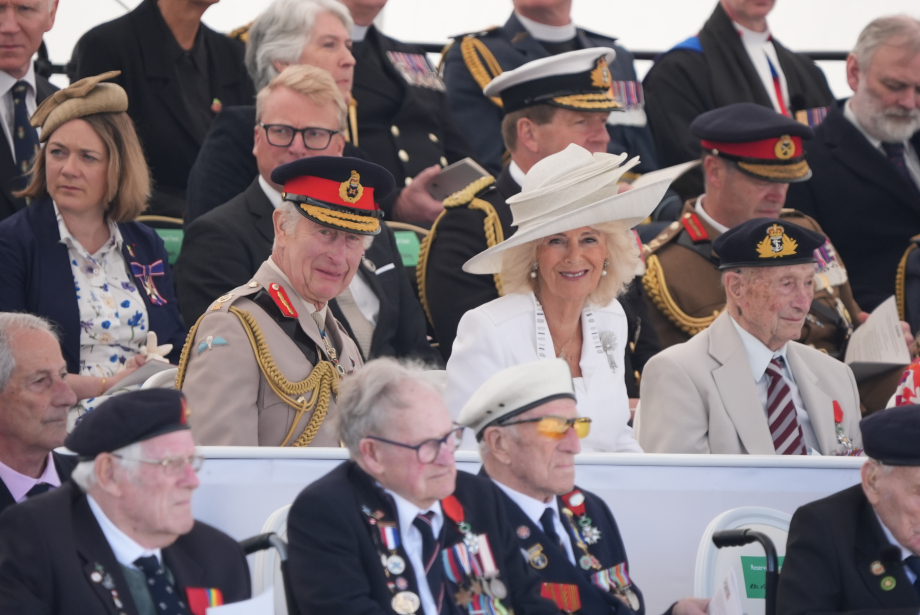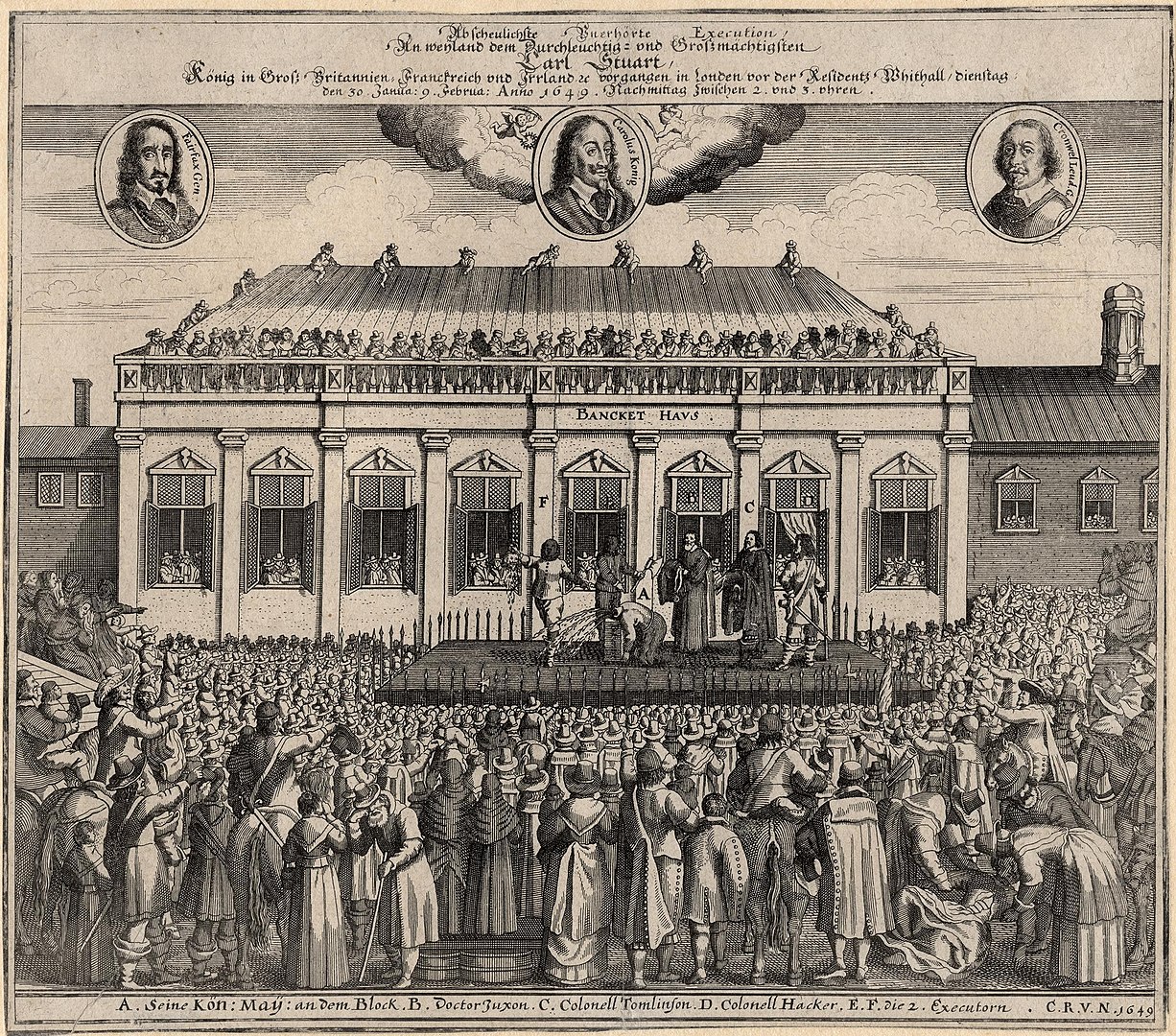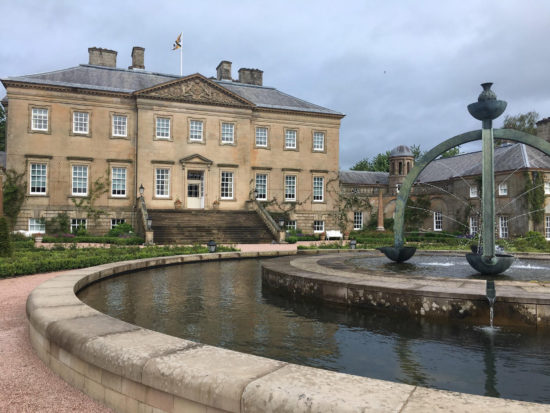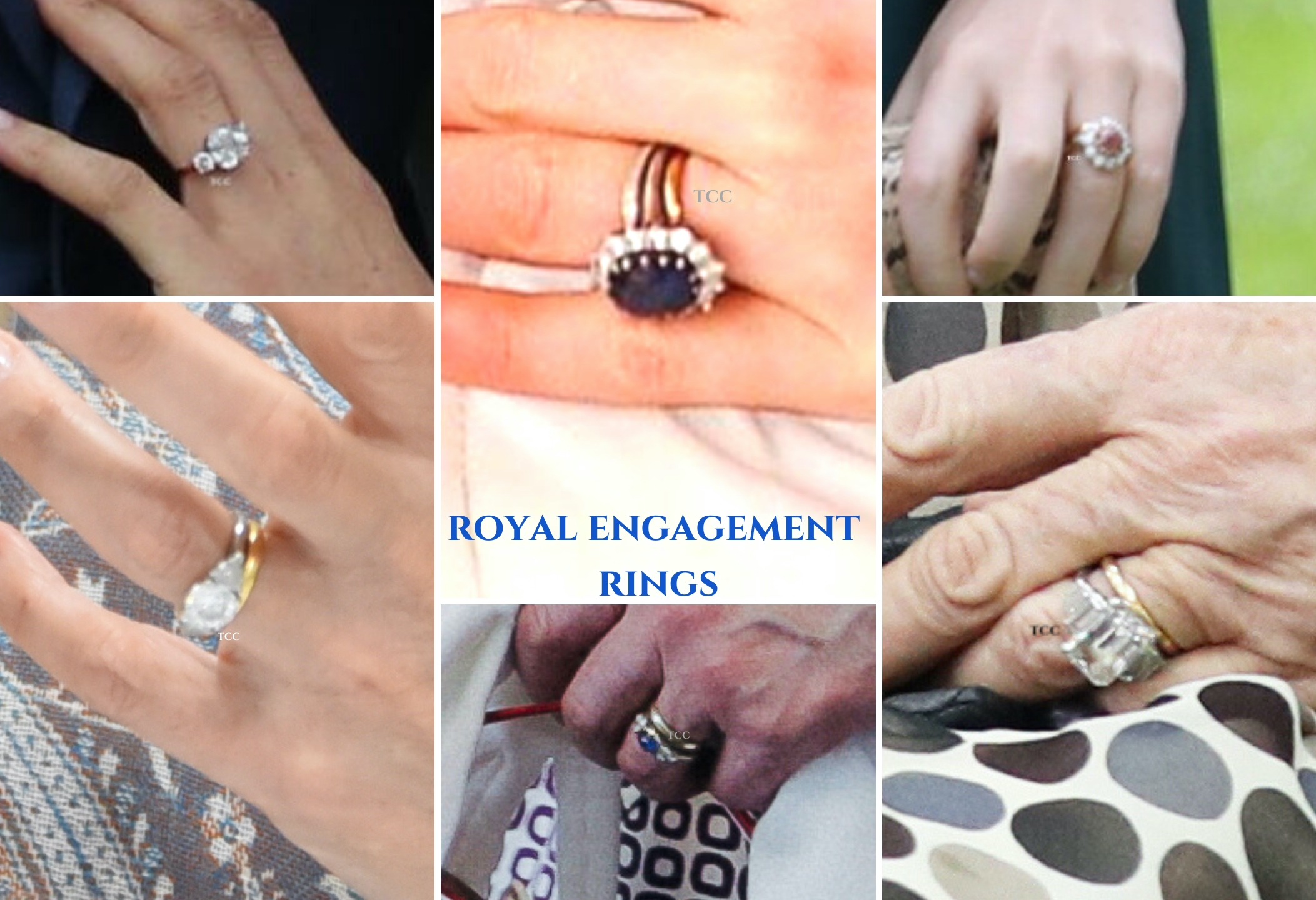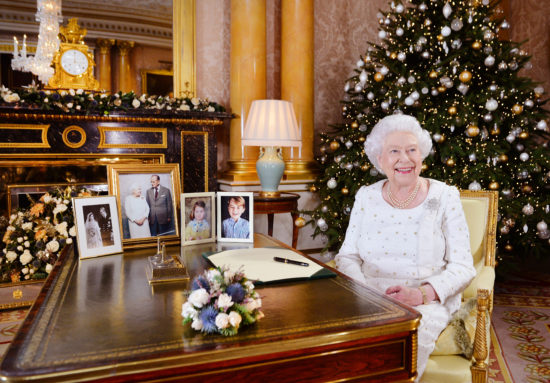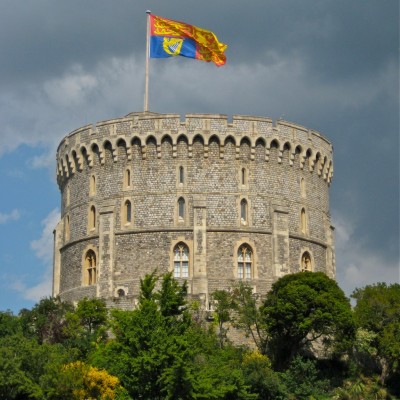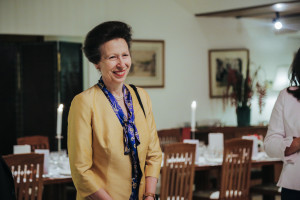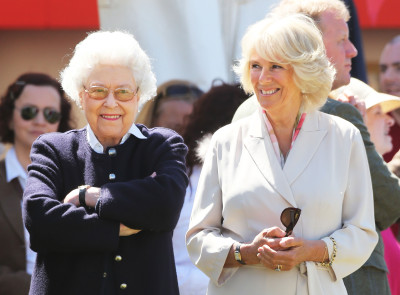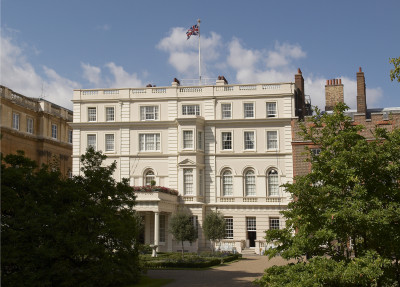Yesterday, The Prince of Wales and his son, Prince Harry, marked the centenary of the landings with world leaders, which claimed 140,000 lives. Royal History.
For many an amateur historian, merely the word ‘Gallipoli’ evokes thoughts of disaster and death, and they would be correct: an enormous loss of life during a 1915 landing mission in Turkey, led by the British Army during World War One.
In Turkey’s Dardanelles straits, the same waters that Allied forces hoped to control a century ago, Charles and Harry met and spoke with the descendants of those who lost their lives at Gallipoli, aboard the Royal Navy’s HMS Bulwark.
The Royal party spoke with 15 descendants of veterans, and were specially selected to join the commemorations.
Prince Charles also laid white carnations on the graves of British and Irish soldiers who fought and died at the start of the nine month Gallipoli campaign. President of Ireland Michael Higgins also attended the ceremony at ‘V’ Beach at a cemetery half the size of a football pitch. The Commonwealth War Graves Commission ran cemetery contains almost 700 fallen men from both sides of the conflict.
The Ottomans were backed by German forces as the Allies tried to push them out of the war; Churchill, First Lord of the Admiralty in 1915, hoped to capture Constantinople (Istanbul) and open up the waters for Russian forces to assist. But poor planning, conditions and better-than-expected defence from the Turks saw the mission fail: after only managing to advance a few kilometres over nine months, the Allies retreated.
The amphibious mission began at dawn on April 25 1915, with waves of British, Irish, French, Australian, New Zealand and Indian troops attacking the heavily defended beaches, the sea turning red with blood as men lost their lives: 58,000 Allied lives, and 87,000 Turkish. At least 300,000 more men were wounded and six Allied ships were sunk or badly damaged.
Few allied troops ever made it further than a few hundred metres inland, the battle soon descending into trench warfare. The astounding heat took numerous lives and the corpses strewn around drew in disease: typhoid and dysentery. There was a lack of water in the summer months and a freezing winter which took another 280 men.
Charles and Harry joined the Turkish president and Australian and New Zealand Prime Ministers at Canakkale Martyrs’ Memorial, which commemorates thousands of locals buried in unmarked graves. The Prince of Wales laid a wreath on the memorial and gave a speech; see the video below.
The heroism Charles spoke of is evident in the half a dozen Victoria Crosses were won “before breakfast” for gallantry. The campaign, which, while it has become a cornerstone of pride for Australians and New Zealanders, will be forever remembered for its hopeless planning, loss of life and as one of the most senseless campaigns of WWI.
Featured image: Stephen Harper

